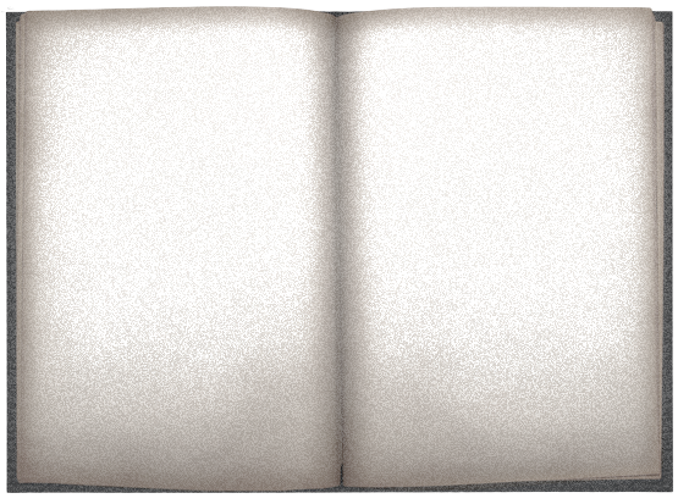
A dedication to etymology, one of my true loves. I love linguistics, but to me, language by itself is not (completely, soul-consumingly) interesting. Thinking about how language is shaped by humans, however, is, and is why I love it so much. Etymology is one of the clearest displays of this "shaping"; thus, the love I hold for it, and thus, this page.
Don't expect insanely professional descriptions; if you want those, you can go to the Wiktionary page yourself lol. I'm here for fun only.
Credit to Wiktionary, my one and only.
noun; a loose term for any snake that looks like a viper.
From an incorrect division of a naddere (from Old English nǣdre, snake), which became an addere, which became the word it is today.
noun; an article of clothing worn over the front of the torso and/or legs for protection from spills.
Another example of rebracketing, as with adder above; originally from a napron (the same "nap" as in napkin) to an apron.
noun; bulbous plant of the genus Narcissus.
From Middle English affodill, which is originally from Ancient Greek ἀσφόδελος (asphodelos). The "d" at the start of the word is thought to have come from the article de in Dutch. That's right. Another example of rebracketing. De affodil to daffodil, baby.
noun; a small model of a human figure, typically one of a baby or girl, used as a child's toy.
From a common pet name for the name Dorothy. How common were pretty Dorothys (Dorothies?), back in the day, I wonder, that their nickname became the term for all pretty women, which would then turn into a word for "pretty women as a toy"?
noun; a substance or matter in a state in which it will expand freely to fill the whole of a container, having no fixed shape (unlike a solid) and no fixed volume (unlike a liquid).
From Dutch gas, borrowed from Ancient Greek χάος. The reason I added it here is because it is a doublet of chaos; the word chaos comes directly from the Ancient Greek χάος, while gas has the Dutch middleman.
noun; a thin fabric with a loose, open weave; (medicine) a similar bleached cotton fabric used as a surgical dressing.
From French gaze, most likely borrowed from Arabic قَزّ (ḡazza, "silk"), most likely borrowed from the name of the city "Gaza", due to the city's long-standing association with silk production. Similar to the way the word china ("a kind of porcelain") was borrowed from the country name, China, due to the craft's association with the country.
From the river to the sea.
noun; a contract which binds a person to work for another, under specified conditions, for a specified time (often as an apprentice). verb; to bind a person under such a contract.
Indent comes partly from two Middle English words: one of which comes from in + dent as in "a mark from a blow", and one of which is from en + Latin dent, as in "teeth". The reason indenture means "to be under a contract" is because the contracts used would be cut in a zig-zag (tooth-like) pattern, so both sides would have to match along the irregular cut, thereby being proven authentic.
noun; a small lizard-like amphibian in the family Salamandridae that lives in the water as an adult.
Another example of rebracketing; from Middle English an ewte to become a newte.
adjective; bad-tempered or difficult to deal with.
From either a contracted or dialectical form of ordinary. People with strong accents were insulting people back in the day by calling them "ordinary", huh.
adjective; (of an argument or statement) seeming reasonable or probable.
The fact that it sounds similar to applause is no coincidence; from Latin "plausibilis", meaning "deserving of applause". Thought it was interesting how "praiseworthy" became "seemingly possible", as if statements that were more likely to be true garnered more positive attention, which makes sense.
verb; to restore (a dead person) to life.
A back-formation from resurrection. Back-formations are always fun; people see a word that looks like it fits into a rule, and create a new word to fit the trend. Compare to direction, for example, which comes from direct.
noun; a harsh criticism.
From re- and Old French buchier, meaning "to strike". The interesting part is that buchier comes from a word originally meaning "tree; bush". Basically, giving "rebuke" the original meaning of whacking back trees. Fitting for its meaning now.
adjective; not crooked or bent; having a constant direction throughout its length.
From Middle English streight, which was the past participle of strecchen (“to stretch”). Basically meaning "something that has been stretched".
noun; a very thin flow; the act of trickling.
Also a rebracketing; was originally from Middle English striklen, and most likely came out from phrases such as teres strikled (“tears trickled”) being commonplace, and becoming teerys trikled.
noun; cherry tree; cherry blossom.
A word originally created by joining 咲く (to bloom), and -等 (the same suffix as in 僕ら (we; us). Used to pluralise.). Basically, means "many blooming [things]", which is cute as hell.